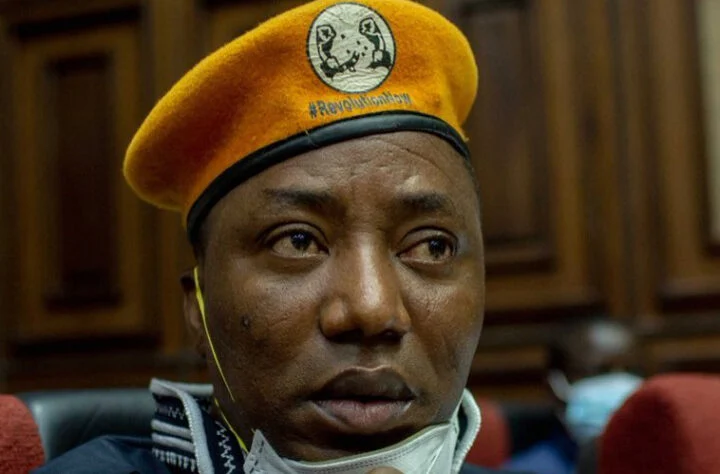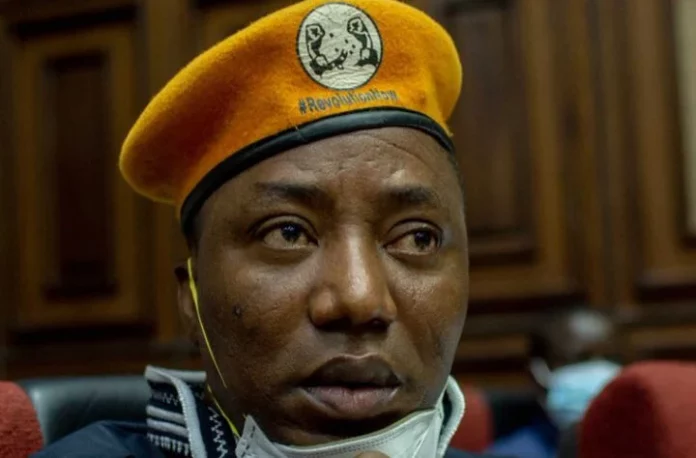By Ambassador Chukwuemeka Chinonso
In any democratic society, the right to free speech is a cornerstone of civic liberty. But that freedom does not grant anyone a license for character assassination, malicious defamation, or the reckless dissemination of falsehoods under the guise of activism or dissent.
Nigeria is not a lawless jungle where reputations can be shredded with impunity and national institutions dragged in the mud without consequences. There are limits, laws, and indeed, consequences under the law.
The growing trend of online commentators, self-acclaimed activists, and political mercenaries referring to the nation’s Inspector-General of Police as an “illegal IGP” is not only reckless but also reveals a dangerous descent into intellectual dishonesty.
The appointment of an IGP is clearly outlined under Section 215 of the Nigerian Constitution and guided by the Police Act. Unless there is a court declaration to the contrary, and there is none, calling someone an “illegal IGP” is defamatory and can amount to criminal libel under our laws.
Worse still is the appalling and utterly disgraceful habit of tagging officers of the law as “notorious SARS officers” without evidence or due process. It is easy, and increasingly common, for some individuals to slap such labels on officers merely to score cheap political points or incite public anger.
But to level such serious accusations without substantiated proof is a violation of both ethical and legal standards. It maligns the hard-earned reputation of men and women who have put their lives on the line for our collective safety.

And then, of course, there is the recent use of the phrase “palace jesters” to describe traditional rulers and their engagement with state officials. Such language is not only crude and disrespectful, but it also undermines the very institutions that have kept our sociocultural fabric intact for generations.
Whether one agrees with traditional institutions or not, they are constitutionally recognised and culturally significant. Resorting to name-calling is neither activism nor accountability; it is verbal vandalism, pure and simple.
We must not confuse democracy with anarchy. Freedom of speech is not freedom from consequence. The Cybercrimes (Prohibition, Prevention, etc.) The Act of 2015 criminalises the use of the internet for defamation. Sections of the Criminal and Penal Codes prohibit false accusations and incitement.
Our Constitution protects the dignity of every person, including public officers, traditional rulers, and law enforcement agents. Those who recklessly label, insult, and defame individuals must be ready to answer for their words before the law.
Public discourse must be robust, yes. Constructive criticism is healthy and necessary. But there’s a difference between critique and contempt, between dissent and defamation.
The law provides avenues for petitioning public officials, engaging in protests, or approaching the courts. Resorting to social media lynching and unsubstantiated allegations is not activism; it is abuse of civic space.
Let it be known: titles like “illegal IGP”, “notorious SARS officer”, and “palace jesters” may make for catchy headlines or viral tweets, but they also make for strong cases in court.
If we are to preserve our democracy, we must draw a line between freedom and falsehood, between dissent and defamation. Otherwise, we are only laying the groundwork for the collapse of civility, law, and order.
Ambassador Chukwuemeka Chinonso is a public affairs analyst and advocate for responsible civic engagement.


